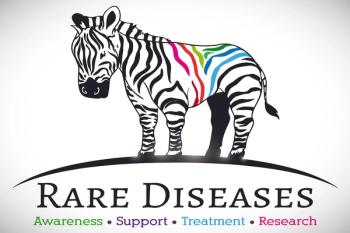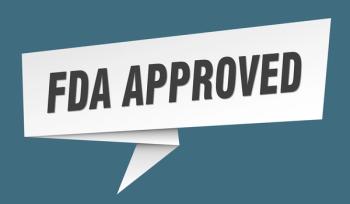
Treatment Plan With Symptomatic Care and Patient Education
Transcript:
Peter L. Salgo, MD: What is the treatment plan that people diagnose with Huntington disease anyway? What do we do now, and what are we looking at?
John Brandsema, MD: I think the current state is best supportive care and symptomatic management. What we’re trying do is anticipate some of the challenges that will come and proactively as much as possible to get ahead of some of the symptoms with modulating treatments. This would include neuropsychiatric and behavioral management with various psychiatric medications—movement disorder medications. Then as we anticipate problems, like dysphagia and other things, maybe we could be ahead of the game in terms of placement of the G-tube [gastronomy tube] and nutrition support. But it’s all supportive care in the current environment.
Peter L. Salgo, MD: Yeah, but there’s a drum beat out there. We’re going to get to this in just a second. Do potential patients know about what’s coming down the pipeline? Because some of it seems to be exciting.
Sika Dunyoh: I know that there are patient advocacy groups in the particular disease states, and in this case Huntington, who are doing a really good job of educating their communities about what’s coming down the pike. A lot of companies are working directly with the patient community to let them know what’s coming down the pike. Still, there are a lot of people who are not well connected to their patient advocacy organization and don’t know what’s coming down the pike. We would hope that their primary care physicians and specialists are keeping them in the know. But unfortunately, you have a lot of patients who are not in well-connected communities, who are in the middle of the country, and who are near care centers and centers of excellence. So those are some challenges for our patients.
Peter L. Salgo, MD: Are there patients out there who tough it out and don’t seek help until it’s much later?
Sika Dunyoh: I’d imagine so. I can’t speak to Huntington disease in particular, but I do know with many disease states that there are so many tough people with rare diseases who go through so many challenges. And so, yes, we see it all across the board.
Peter L. Salgo, MD: Is there support? Is there education out there for people with Huntington disease?
Sika Dunyoh: Sure. You know NORD [National Organization for Rare Disorders] has educational resources that we offer patients, caregivers, and medical professionals as well. As I mentioned earlier, many of the patient advocacy organizations that serve these particular communities are wonderful resources and have great information. They have patient-family conferences. They have centers of excellence as well that they can refer people to. Many of them offer information services, resources. If you call, someone will answer the phone and answer your questions.
Many of the patient advocacy organizations are very committed to serving the patient population. In addition, NORD does too. I hope that the patients in the Huntington disease community feel that they have the support, not only from NORD but from other organizations out there as well.
Maria Lopes, MD, MS: Just to add, I think for a condition for which there’s really no disease modification, I think this is very exciting. I think in crafting what we call prior authorization, we usually work with thought leaders to really try to understand the disease. At what point in somebody’s journey of the disease is this most appropriate? If there are biomarkers specific to how the drug was studied, that certainly becomes part of it. But I think in the end, we want to see better outcomes.
Newsletter
Stay ahead of policy, cost, and value—subscribe to AJMC for expert insights at the intersection of clinical care and health economics.









